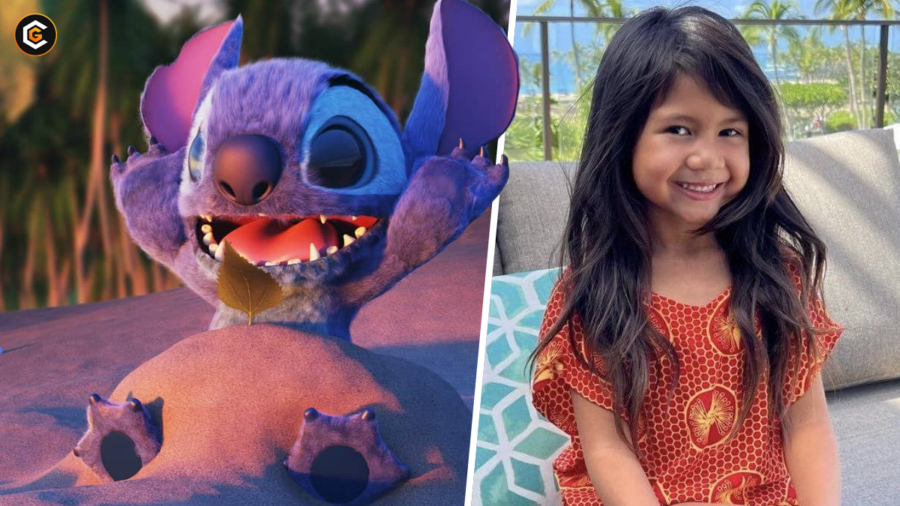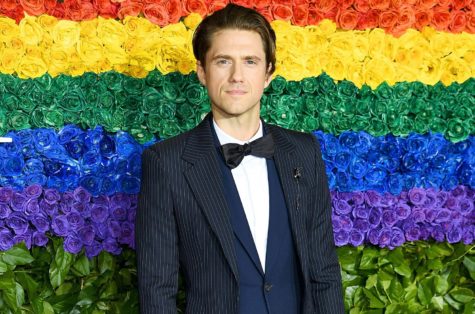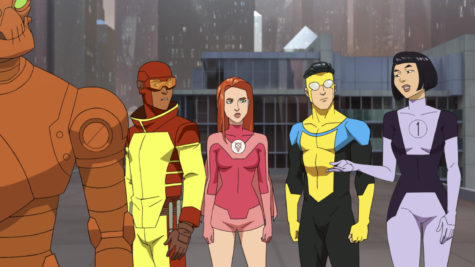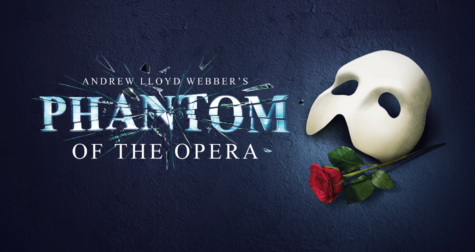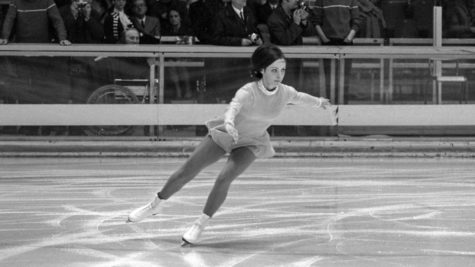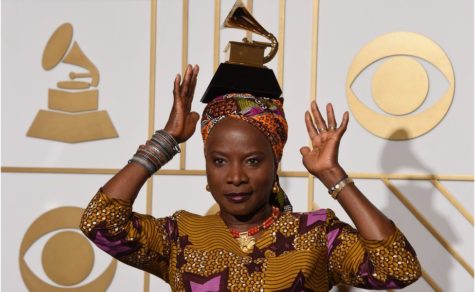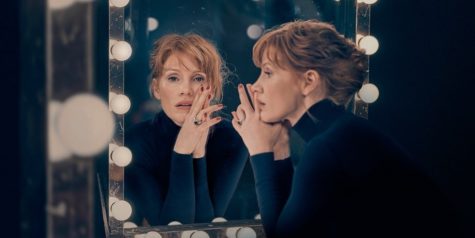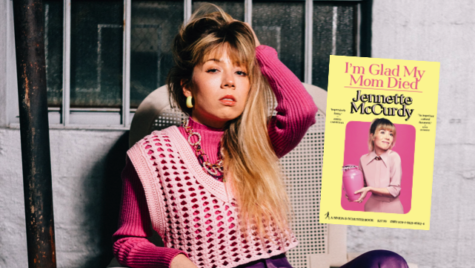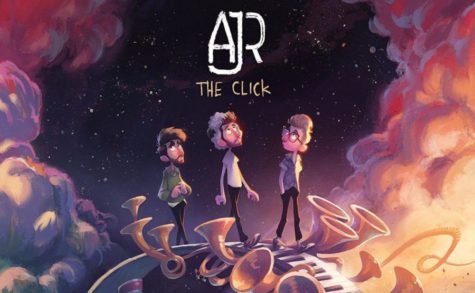Live-action ‘Lilo and Stitch’
left: An artist rendition of what Stich could look like in a live-action format. Right: Maia Kealoha will be playing Lilo in the latest Disney remake
April 26, 2023
Filming for the live-action version of “Lilo & Stitch” was initially planned to begin in 2020, but several delays kept pushing it back. “Marcel the Shell With Shoes
On” director Dean Fleischer Camp, will also be directing the film that was previously said to be premiering on Disney+ rather than in theaters. While not much information has been released about the live-action version, several sources have said the “Lilo & Stitch” remake will bring the 2002 animated classic to life in a new way. Hopefully, they do not mess up Stitch’s teeth along the way. Various sources have confirmed that Disney has cast newcomer Maia Kealoha to star as Lilo.While Kealoha has no major acting credits yet, she has participated in several Little Miss Kona Coffee pageants. Many on social media have supported the six-year-old rising star; the same can not be said for everyone in the cast. This week, the Hollywood Reporter released that Nani, Lilo’s older sister will be played by 22-year-old Sydney Elizabeth Agudong. In the past, Agudong has played roles in “NCIS,” “Infamously in Love,” “On My Block,” and the feature film “West Michigan.”Significantly after the news broke, people took to social media to criticize Disney’s decision to cast Agudong, born and raised in Kauai, Hawaii.
Native Hawaiian fans have taken to social media to point out Disney’s track record of whitewashing characters and express their unhappiness with re-imagining
Nani, a darker-skinned character, as a lighter-skinned, biracial actorin the classic movie’s upcoming adaptation. “Not being Indigenous or from a PoC community, it may not be easy to see a problem with this casting, but within our communities, this is a big issue,” one person tweeted. “Nani is Indigenous Hawaiian with strong features and dark skin; this casting is blatant colorism.” Another Twitter user posted, “I get that there isn’t a “look” to being indigenous, but Nani is not a light skin indigenous Hawaiian woman….like, let’s be serious right now.”This is not the first time Disney has been accused of whitewashing. In 2018 after changing Tiana—the studio’s first Black princess, from “The Princess and the Frog”—by portraying her with lighter skin and looser curls in an unreleased version of “Ralph Breaks the Internet,” the company took a lot of heat, on social media. After images of the new depiction of the beloved character surfaced online, Disney reanimated the scene, facing backlash from fans and feedback from the voice actor who originally played Tiana. They eventually reverted the character’s looks closer to her original depiction in “The Princess and the Frog.” In 2019, the company came under fire for casting Naomi Scott,
a biracial British actor of Indian ancestry, as Princess Jasmine in the live-action remake of “Aladdin.” Audiences enraged by the casting decision called out the company for whitewashing the original character, who was the only Disney princess with darker skin at the time of the animated movie’s release in 1992.
Disney has yet to respond to several news organization requests for comment, but regardless we are
excited to see Kealoha as Lilo.

